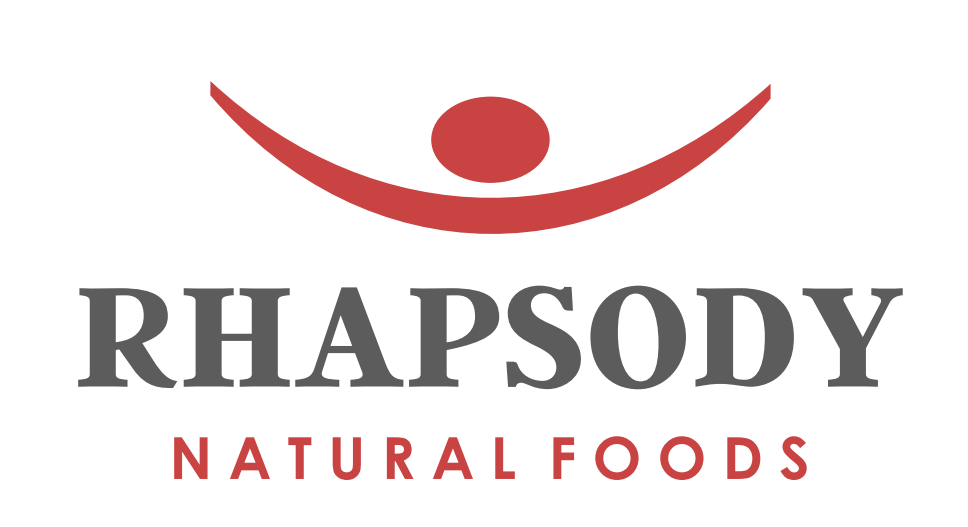Rhapsody Supports VT GMO Labeling Bill
A couple of weeks ago the VT Senate passed a no-strings-attached GMO labeling bill. It is now on it’s way to Governor Shumlins desk where I hear he has already committed to signing it next Thursday. Learning about this sparked a lot of excitement in the activist/food safety portion of my mind.
I could write a long post about the implications of this bill and how thrilled I am that I live in a state that is willing to be the first to make a stand on this topic. The activist in me is busy signing petitions and researching what this all means and how GMO testing is even done. Instead I’m going to cover a few other thoughts that I had on the topic of food, our choices, our voice and our votes.
And of course as this is the Rhapsody blog, I’m going to start by highlighting what we stand for and what we do to ensure that we are producing GMO free foods and supporting those that fight the “Gene Giants”, as I’ve heard them be called. If you’re interested in learning more about the GMO labeling bills you can read this article: Monsanto and Big Food Losing the GMO and ‘Natural’ Food Fight , written by Ronnie Cummins for the Organic Consumers Association, or visit the VT Right to Know website.
Rhapsody’s Policy on GMO’s and What We Do to Ensure That We are GMO-Free
In the sidebar sidebar of our Commitment to Quality page, is our definition of “natural foods”. We believe natural foods to be: Foods that can be made at home using home-grown edibles, and be prepared with simple tools and equipment.
This translates to: we use plant ingredients (as locally grown as possible, grown organically without the use of GMO’s) and prepare foods out of them in a manner that you could do at home. We don’t have a huge machine where we place raw ingredients in and get a final product out of the other end. We use our hands, we get them wet, we have steamers and fryers and big pots. Our food has human energy in it. For this to be to be worth it, we use pure ingredients.
Rhapsody is certified organic by Vermont Organic Farmers. This means that our facility and the products that carry their seal are certified organic by Vermont Organic Farmers. Those that aren’t certified contain all or mostly organic ingredients. We work closely with our suppliers so that we know and understand the ingredients that we are getting. Because of the paper trail that VOF requires for the organic certification process, we are able to track our ingredients all the way to their source and check on the authenticity of organic or non-GMO claims. We are comfortable with the research and requesting of documents that this requires and are confident we can follow any ingredient to it’s source. We buy local ingredients when they are available. We have direct relationships with farmers, distributors and our customers. When we can’t find local ingredients (such as salt and rice) we support companies such as Eden Foods The standards and integrity that they hold dear should be upheld by all companies that are producing food for humans and animals to eat. We strive to meet their standards, and maybe even exceed them by staying small!
Food Politics and What Can YOU Do
I started to think about the politics of our food choices and rights when I was at the NOFA conference in Burlington in February. I attended a lunch panel discussion with representatives from both Patrick Leahy (D-senator) and Bernie Sanders’ (I-senator) offices. They had been working hard in Washington on the Farm Bill and other food and agriculture related bills that were moving towards the senate at that time. Washington is a world that influences what we do every day in regards to food production, agriculture and food security. I sat there listening to the fascinating work of the world of politics, but feeling like I had nothing to do with it. I was glad to see that they are working hard to protect our food rights yet at the same time it is disconnected from the day to day production of growing and making food for our fellow citizens. We can support a way of life where having a direct relationship to our food that can influence politics to support our choices.
What you can do is simple. Grow a garden, meet your farmers and vote with your dollars. Hey, I said simple not easy. But really that is how you will know what is in your food, how it is made and know that the food producers you support share the same principles and standards that you do. Go to farmers markets, find the co-ops that buy from small farmers (my favorite co-ops in VT are the Plainfield Coop and Buffalo Mountain Coop), cook your meals (!) and understand that organic and local don’t have to mean expensive. Share your secret sources with your friends. Do research. Learn about what rules larger food producers and growers do or do not have to follow. What ingredients they do and don’t have to label (“processing agents” do not have to be listed in an ingredient statement!). Read the Non-GMO Projects standards, read the USDA’s rules on organic standards, find out what your local organic certifiers standards are and decide if these are good enough for you. If we do all this then all the policy makers at the Statehouses across the country and in Washington will follow suit.
